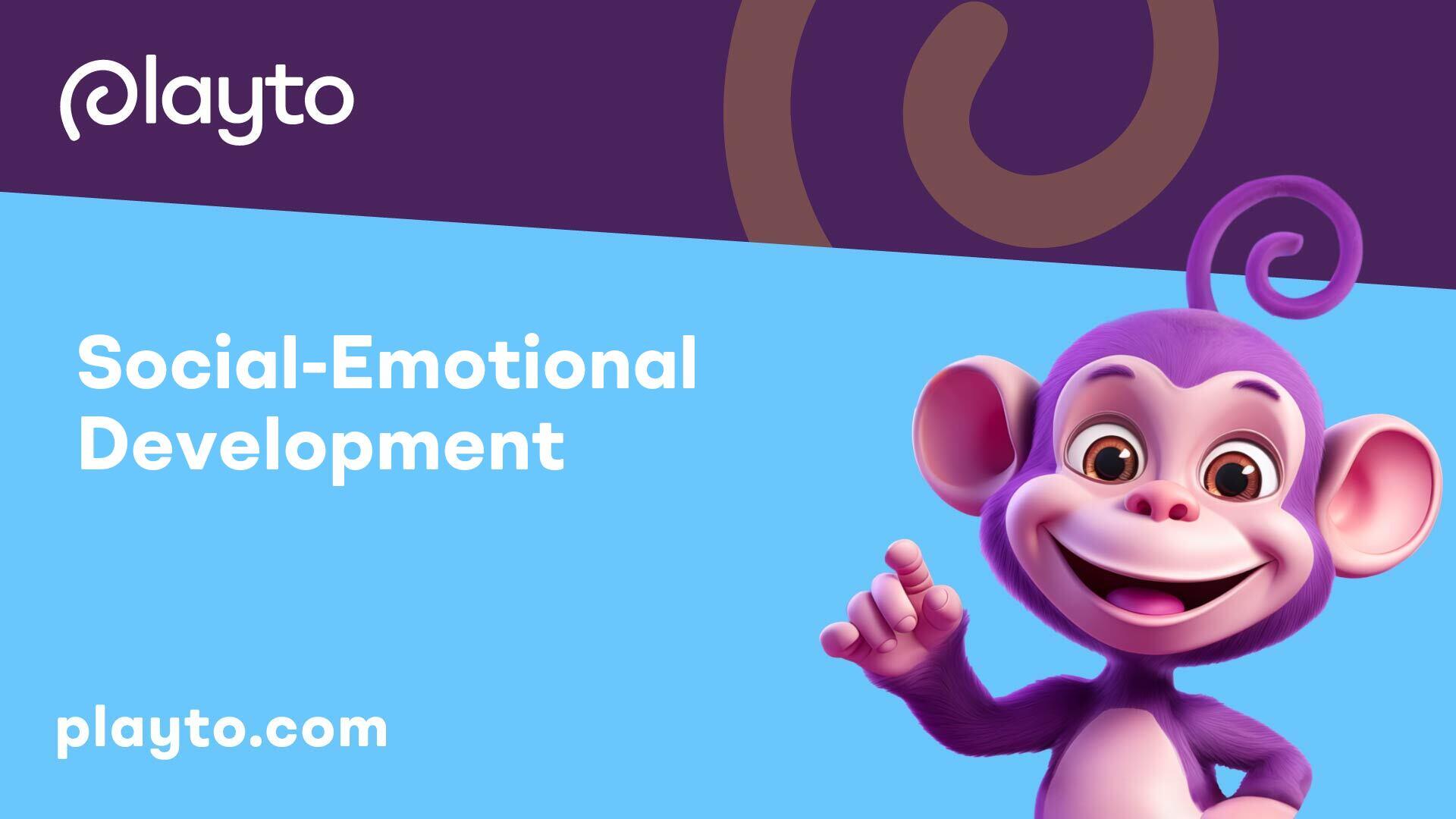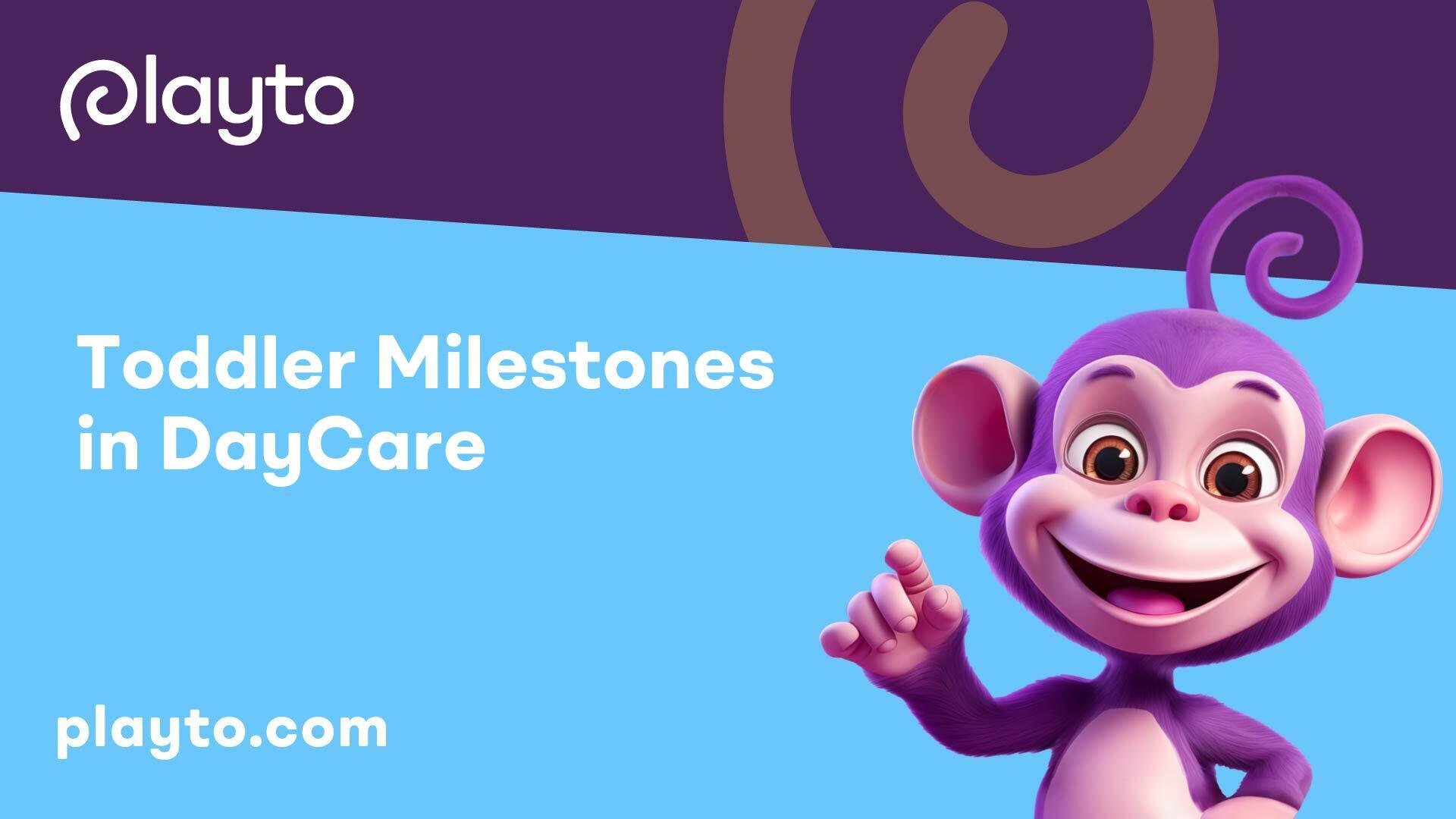
Understanding Developmental Milestones
Understanding the developmental milestones of toddlers is essential for toddler daycare providers and parents alike. These milestones, such as taking a first step, smiling, and waving "bye-bye," are crucial markers of a child's development [1]. While children typically reach these milestones around the same age, there may be individual variations.
Significance of Developmental Milestones
Developmental milestones serve as important indicators of a child's progress in various areas such as social, emotional, language, cognitive, and physical development. Achieving these milestones demonstrates that a child is acquiring new skills and abilities that are appropriate for their age group. Observing and celebrating these milestones can provide insights into a child's growth and well-being.
Monitoring Milestones Progress
Monitoring a child's progression through developmental milestones is a shared responsibility between childcare providers and parents. Not reaching milestones at the expected time or achieving them later than peers could indicate a developmental delay in a child. Early identification of developmental delays is crucial as they might require additional support and services to help the child reach their full potential.
Developmental milestones act as clues about a child's advancements in their actions, speech, learning, play, and movement. These markers provide valuable information about whether a child's development is on track, advanced, or potentially delayed. It is important for daycare providers to track and communicate these milestones to parents to ensure a collaborative effort in supporting the child's development.
To aid in achieving these milestones, daycare facilities often design specific activities tailored to the child's age group. By adapting activities and playtime to align with a child's developmental milestones, daycare providers can create an environment that fosters growth and learning in each child.

Social-Emotional Development
In the realm of toddler milestones in daycare, social-emotional development plays a vital role in shaping a toddler's well-being and interaction with others. Understanding the social-emotional milestones that toddlers reach is essential for caregivers to provide appropriate support and guidance.
Social-Emotional Milestones
Social-emotional milestones in infants and toddlers are key to establishing positive relationships with adults and peers, which in turn influences their sense of self and understanding of the world. Toddlers at this stage are learning to regulate attention, emotions, and behavior, while also forming crucial relationships with others.
These milestones involve aspects like recognizing and expressing emotions, understanding others' feelings, and learning to resolve conflicts in a constructive manner. By achieving these milestones, toddlers develop important social skills that set the foundation for their future interactions and relationships.
Building Relationships
Building relationships is a significant part of a toddler's social-emotional development within the daycare setting. Toddlers learn to engage with their caregivers, peers, and other adults in a positive and meaningful way. By interacting with different individuals, toddlers develop crucial social skills such as sharing, taking turns, and cooperating.
Caregivers at daycare centers play a crucial role in fostering these relationships by providing a nurturing and supportive environment. They help toddlers navigate social situations, model appropriate behaviors, and encourage positive interactions. Through these experiences, toddlers learn to trust others, express their emotions effectively, and develop a sense of belonging within the daycare community.
By consistently supporting and reinforcing social-emotional milestones, caregivers in daycare settings contribute significantly to the overall well-being and social development of toddlers. Establishing strong relationships with caregivers and peers paves the way for toddlers to become confident, empathetic individuals who can navigate social interactions with ease.
Understanding and promoting social-emotional milestones in daycare not only benefits the toddlers during their time in daycare but also lays a solid foundation for their future social interactions and relationships outside the daycare environment. For further insights into supporting the social-emotional growth of toddlers, explore our article on parent involvement in toddler daycare.

Language and Communication Skills
Language and communication skills are integral aspects of a toddler's development, especially during their time spent in daycare. In this section, we will explore the language development in toddlers and strategies for enhancing communication.
Language Development in Toddlers
Encouraging language development in toddlers is crucial for their overall growth and cognitive abilities. Talking to infants and toddlers about their actions and feelings can help them learn words more effectively [3]. In daycare settings, caregivers play a vital role in supporting this development by engaging toddlers in conversations, storytelling, and singing.
As toddlers begin to navigate the world around them, they rely on language to express their needs, emotions, and desires. By actively listening and responding to toddlers, caregivers can help expand their vocabulary and improve their communication skills. Taking turns chatting back and forth with toddlers, imitating their sounds and replying to their questions, can significantly enhance their language development.
It's not just words that aid in language development; gestures can also play a significant role in a toddler's ability to communicate. Using gestures along with words when interacting with toddlers can assist them in learning and saying those words effectively. Caregivers in daycare settings should incorporate gestures into their communication to help toddlers understand and express themselves more proficiently.
Enhancing Communication
To further enhance communication skills in toddlers, daycare providers can incorporate various activities that engage children in verbal interactions. Singing with toddlers, for example, can facilitate their word learning process and help them grasp rhymes, songs, and names more effectively, fostering a love for language and expression [3].
In daycare settings, creating an environment that encourages active communication, storytelling, and language-rich interactions can significantly impact a toddler's language development. Caregivers can also involve parents in this process by sharing strategies for promoting language skills at home. By fostering a collaborative approach between daycare staff and parents, toddlers receive consistent support that amplifies their language and communication abilities.
Remember, each toddler is unique in their language development journey, and it's essential to provide a nurturing and responsive environment that promotes healthy communication skills. By incorporating these strategies and fostering a language-rich atmosphere in daycare, caregivers can effectively support toddlers in their language and communication milestones.
Cognitive Development
In the realm of toddler milestones in daycare, cognitive development plays a vital role in shaping a child's intellectual abilities and problem-solving skills. Understanding the cognitive milestones that toddlers should reach during their time in daycare is essential for monitoring their progress and providing appropriate support.
Cognitive Milestones
Cognitive milestones encompass a wide range of skills that toddlers gradually acquire as they grow and learn. These milestones include the ability to imitate actions, recognize familiar objects and people, follow simple instructions, and engage in pretend play. Achieving these milestones indicates that a toddler's cognitive abilities are developing as expected.
By observing and documenting a child's cognitive milestones in daycare, caregivers and educators can track their progress and identify areas where additional support may be needed. Encouraging activities that stimulate cognitive development, such as simple puzzles, shape sorters, and storytelling, can help toddlers strengthen their problem-solving abilities and critical thinking skills.
Problem-Solving Skills
As toddlers navigate their environment and interact with their peers in daycare settings, they begin to develop essential problem-solving skills. Problem-solving skills involve the ability to identify challenges, explore different solutions, and determine the best course of action to overcome obstacles.
Caregivers and educators play a crucial role in nurturing and enhancing toddlers' problem-solving skills by providing opportunities for them to engage in activities that require critical thinking and creative problem-solving. Encouraging toddlers to experiment, explore, and make choices fosters their independence and enables them to tackle challenges with confidence.
By fostering a supportive and stimulating environment in daycare settings, caregivers can empower toddlers to develop strong problem-solving skills that will serve them well as they continue to grow and learn. Introducing age-appropriate puzzles, building blocks, and interactive games can be effective strategies for promoting cognitive development and problem-solving abilities in toddlers.
Understanding the significance of cognitive milestones and problem-solving skills in toddler development is key to fostering a nurturing and enriching learning environment in daycare settings. By recognizing and supporting these milestones, caregivers can contribute to the cognitive growth and overall well-being of toddlers under their care.
Movement and Physical Development
As toddlers progress through daycare, their motor skill development and physical growth patterns play a significant role in their overall development. Understanding these aspects is crucial for caregivers and educators in supporting the children's growth and milestones achievement.
Motor Skill Development
In the daycare environment, toddlers aged 1-2 years are predominantly focused on refining their motor skills. Compared to preschoolers, toddlers are still in the early stages of developing coordination and purposeful movement. They are learning to control their body movements, from grasping objects to walking independently. As per Virtual Lab School, preschoolers exhibit more refined motor skills, increased coordination, improved speed, strength, and independence during their developmental years.
Motor SkillDescriptionGraspingToddlers are refining their ability to grasp objects and manipulate them.WalkingTransitioning from crawling to walking independently is a significant milestone.
During this stage, caregivers and educators should provide ample opportunities for toddlers to practice and enhance their motor skills through engaging activities and age-appropriate toys.
Physical Growth Patterns
There is a noticeable transformation in toddlers' physical growth patterns during their time in daycare. There is a gradual increase in height, weight, and muscle tone, contributing to their overall development. As Virtual Lab School highlighted, preschoolers are taller, leaner, and display improved muscle coordination compared to toddlers.
Physical AspectCharacteristicsHeightPreschoolers show continual growth in height, reflecting the ongoing development of their bodies.WeightA steady increase in weight is observed as preschoolers' nutritional needs change and physical activity levels rise.
Additionally, the head-to-body proportion of preschoolers changes, with their heads becoming more proportional to their bodies as they grow. These physical changes reflect the ongoing maturation and development of their bodies.
Understanding the motor skill development and physical growth patterns of toddlers in daycare allows caregivers to create appropriate environments and activities that support and enhance these essential aspects of child development. By providing a nurturing and stimulating setting, toddlers can thrive and reach their developmental milestones in a supportive daycare environment.
Supporting Milestones in Daycare
In the journey of nurturing young children, toddler daycare plays a crucial role in recognizing and supporting developmental milestones. Caregivers at daycares are instrumental in observing and interacting with children to identify both typical milestones and signs of potential delays, providing essential guidance and support in a child's developmental journey.
Daycare Role in Milestone Achievement
At Sparkles! Early Learning Academy, there is a deep understanding of the importance of achieving developmental milestones for infants, toddlers, and preschool-aged children. Through a research-based curriculum and tailored activities, caregivers are dedicated to fostering a supportive environment that nurtures growth and development.
Daycare providers need to actively observe and track each child's social-emotional strengths and areas for improvement. By doing so, they can implement effective support and interventions that go beyond the usual caregiving strategies, ensuring that every child receives the individualized attention they need to thrive.
Tailored Activities for Development
In nurturing children's developmental milestones, early learning academies like Sparkles! design age-appropriate activities that aim to help children reach and surpass their milestones. By focusing on facilitating growth in various developmental domains, such as social-emotional, language and communication, cognitive, and physical development, daycare providers can support each child's unique journey towards achieving their full potential [2].
By designing engaging activities that stimulate learning and exploration, daycare centers create environments that promote developmental milestones in toddlers. These activities not only cater to the individual needs of each child but also encourage social interaction, creativity, problem-solving, and physical development in a safe and nurturing setting.
Through the collaborative efforts of parents and daycare providers, children can flourish and progress through their developmental milestones with confidence and support. Daycare centers serve as essential partners in the holistic growth and development of toddlers, ensuring that each child receives the care and attention needed to thrive.
References
[2]:
[3]:
[4]:
